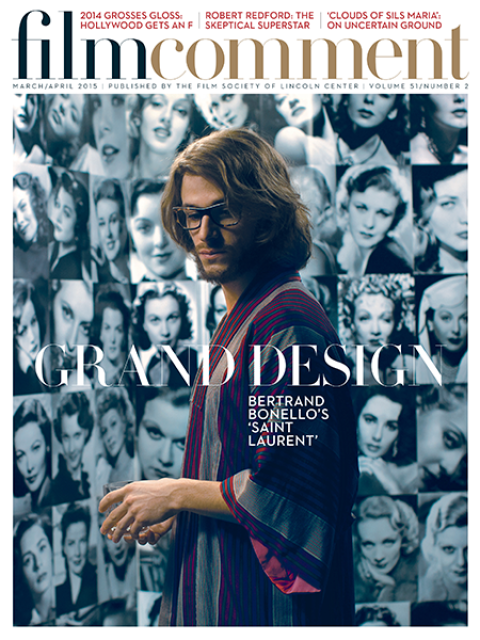
There’s much to savor in this feature debut by British stage director Rupert Goold, who makes a well-buffed addition to a nascent two-hander subgenre: the treacherous journalistic interview. Two wayward souls meet in an Oregon jail. One, Chris Longo (James Franco), awaits trial for killing his family. The other, journalist Michael Finkel (Jonah Hill), seeks redemption. Their convergence hinges on Longo’s having used Finkel’s name as an alias to evade an FBI manhunt, a fact Finkel learns not long after his feature for The New York Times, built on fabrications, has turned his byline into mud.
You might consider a killer’s choice of your name as an alias one of semi-random expedience. But a certain personality type will see it as homage, spiritual kinship, and possible vindication. Janet Malcolm dissected this type in her classic study, The Journalist and the Murderer, which advises reporters who find someone like Longo to “flee and hope a more suitable subject turns up soon.” The real Finkel published a book on his experience, chronicling a relationship of diminishing returns, which begins here with his telling his nominal doppelgänger “I’ve doing a lot of soul-searching lately.” He then suggests to this chronic liar and possible child killer: “Maybe you could tell me what it’s like to be me.” (See also: Memoirist Narcissism Disorder.)
A bond grows through the bartering of writing tips for potentially damning confidence, as the film offers its chilly observation of a game much like the one played in the dueling In Cold Blood dramas, Capote and Infamous. Goold unspools his tale effectively, using two brooding settings: Finkel’s Montana home and the visitation room in Lincoln County, so bare and spotlessly white it feels more Langley “clean room” than Oregon jail. Borrowing mise en scène and psychodynamics from The Silence of the Lambs and other blue-chip thrillers, Goold raises the menace level as momentary darkness creeps into Franco’s winsome crinkly smile—confirming whatever doubts about his innocence Finkel might have formed from nearly every fact he’s been presented with thus far.

The recursive ironies in Finkel’s book title induce vertigo when carried over to this film, which throws so much money and skill at such flimsy material that it recalls Charles Foster Kane’s cable to his story-less writer in Cuba: “You supply the prose poems. I’ll supply the war.” Bringing shock, awe, and embellishment to these events, True Story supplies something more like a war game.
Its best soliloquy belongs to Finkel’s wife, Jill (Felicity Jones), which Goold and co-screenwriter David Kajganich vault chasms of credibility to bring about, depositing her in a visitation room with Longo, for whom she plays a haunting madrigal on her iPhone to illustrate her excoriation of killers veiling themselves in lovely surfaces. Terser killer lines come from Ganley (Robert John Burke), the raw-boned, hawkeyed prosecutor. Longo’s compelling performance on the stand prompts Finkel to present Ganley with the private correspondence he’d sought earlier, now insisting on its value as “material evidence.” Having just projected postmortem photos of pajama-clad toddlers on a courthouse wall, Ganley shrugs his scribbles off: “If you want to see ‘material evidence,’ come down to the station.”
But faithful accounts of truth under siege can still supply great drama. Billy Ray’s 2003 Shattered Glass offers a well-grounded instance with an ensemble of quotidian heroes to offset its wormy subject and a stirring collective mea culpa delivered by the New Republic’s editor (Peter Sarsgaard): “He handed us fiction after fiction. And we printed them all as fact. Just because we found him ‘entertaining.’ It’s indefensible.” When more ambitious films indict a lie, the entertainment defense wins every case, but True Story falls short.








